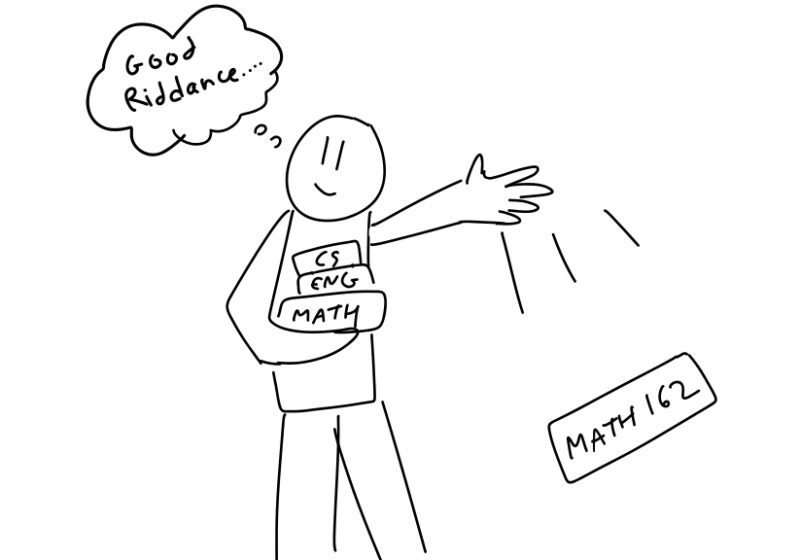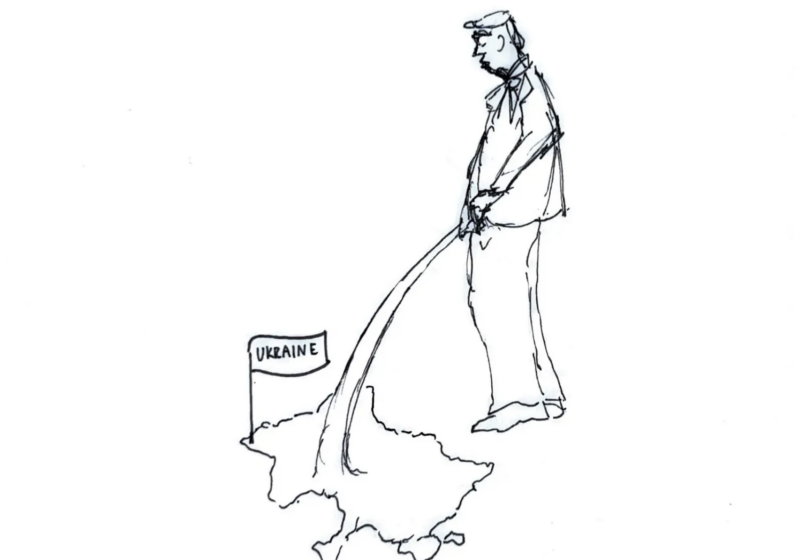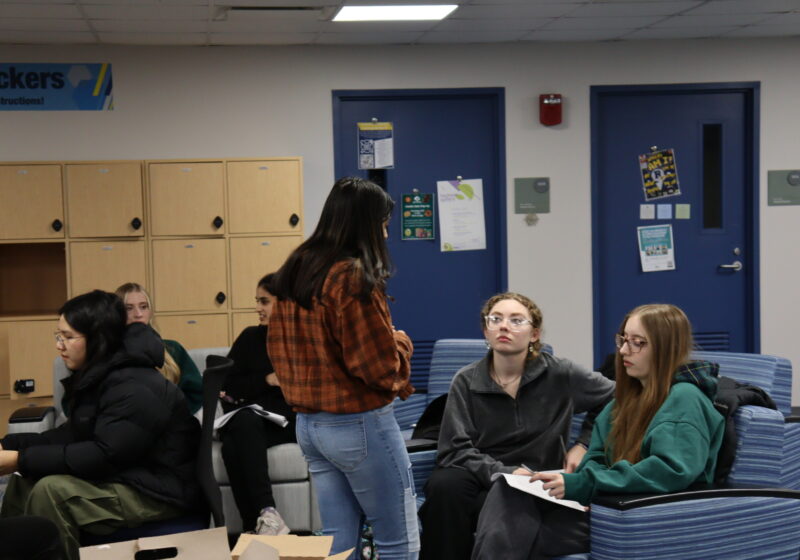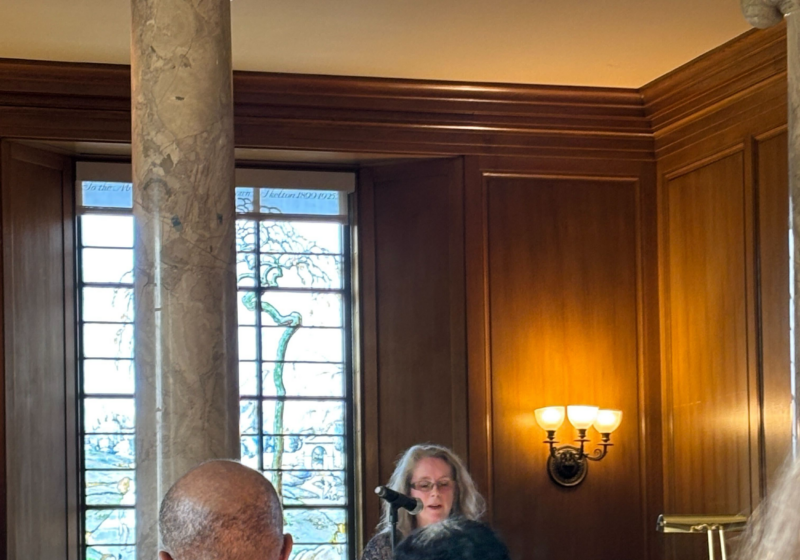On the surface, UR’s add/drop period allows for academic freedom and flexibility. In reality, however, taking advantage of the full length of time is next to impossible.
This academic year, classes started on Aug. 26, and the last day to add or drop a class with instructor approval is Sept. 23. That’s almost a month of time in which you can join a new class, but many classes across most departments have exams and major assignments due before that period has ended, making joining a class more than a week late an endless game of catch-up.
We appreciate the length of time in which to figure out if your classes are working, but with the exam schedule the way it is now, adding new classes past syllabus week isn’t feasible — you just miss too much.
Of course, for less structured credit hours, a longer add/drop period works well. Research opportunities and independent studies can take a while to secure, so having just a little bit of extra time to account for late responses and scheduling conflicts is useful. For structured classes though, add/drop is a nightmare.
To make adding new classes a month later work for students and professors, exams and major assignments need to be pushed back. Right now, there isn’t enough space to accommodate multiple large-class exams in a week.
Most intro-level STEM classes have hundreds of people, and have to hold exams in large auditoriums. Large classes can be split up into smaller sections, but not into more groups than there are proctors. Since sections can each have around 100 people, the registrar has to stagger exams over the majority of the semester to ensure that everyone has space. This means exams can end up very early or late in the semester, as there are only so many spaces large enough to accommodate the amount of students. It isn’t feasible to add a class where a major exam has already passed, often without the opportunity to make it up.
The month-long add/drop period isn’t compatible with how early exams have to be; the process to add classes after more than a week needs to change.
More than just large lectures, joining a small class poses its own set of challenges, especially any later than a week or two in. Small classes tend to set their vibe quickly, and being the new person is always uncomfortable. Smaller classes also don’t have recorded lectures that you could use to theoretically catch up, so you have to rely on notes from friends or strangers.
If UR wants to keep a month-long add/drop period, there needs to be a more streamlined process of providing support for students trying to add new courses. That means recorded lectures, more examination facilities, and reasonable accommodations for missed work.
It is entirely reasonable to expect some sort of makeup assignments and exams to keep things fair from a grading perspective. As it stands, resources, such as recorded lectures and accommodations or alternate assignments are not guaranteed to students; it’s on a case-by-case basis, depending on the class and professor. Students should not be in an absolute panic trying to catch up and keep up at the same time even though they added a class during the allotted time.
So if adding a class three weeks in is untenable, what do you do if it takes that long to figure out that it just isn’t working?
If you meet the course overload requirements, it’s probably a good idea to sign up for more classes than you’re planning to take. That way you have a backup built into your schedule — if you like all of your classes but don’t have the bandwidth to continue with a chock-full schedule, you can put one in your back pocket as a guaranteed good class next semester.
If you can’t overload to get the vibe of the class, most professors are totally cool with you showing up for syllabus week. It’s a great way to get more information about an extra class in case you have to drop one of your official ones, even if you can’t register for it yet.
Another good idea is to check out the AS&E Syllabus Repository, which you can find on the institution page of Blackboard. There are folders of syllabi from the last few years which you can use to get a better idea of the class than just the paragraph descriptions on Workday. Although a bit disorganized, spending a few minutes digging through the folders yields pretty promising results.
While those strategies can help you make sure you’re taking good classes, the fact that adding new classes in the add/drop period involves a lot of hard catch-up work isn’t ideal for students. If UR wants to keep a month-long add/drop period, there needs to be a clear process to support students who add classes further into the semester.








